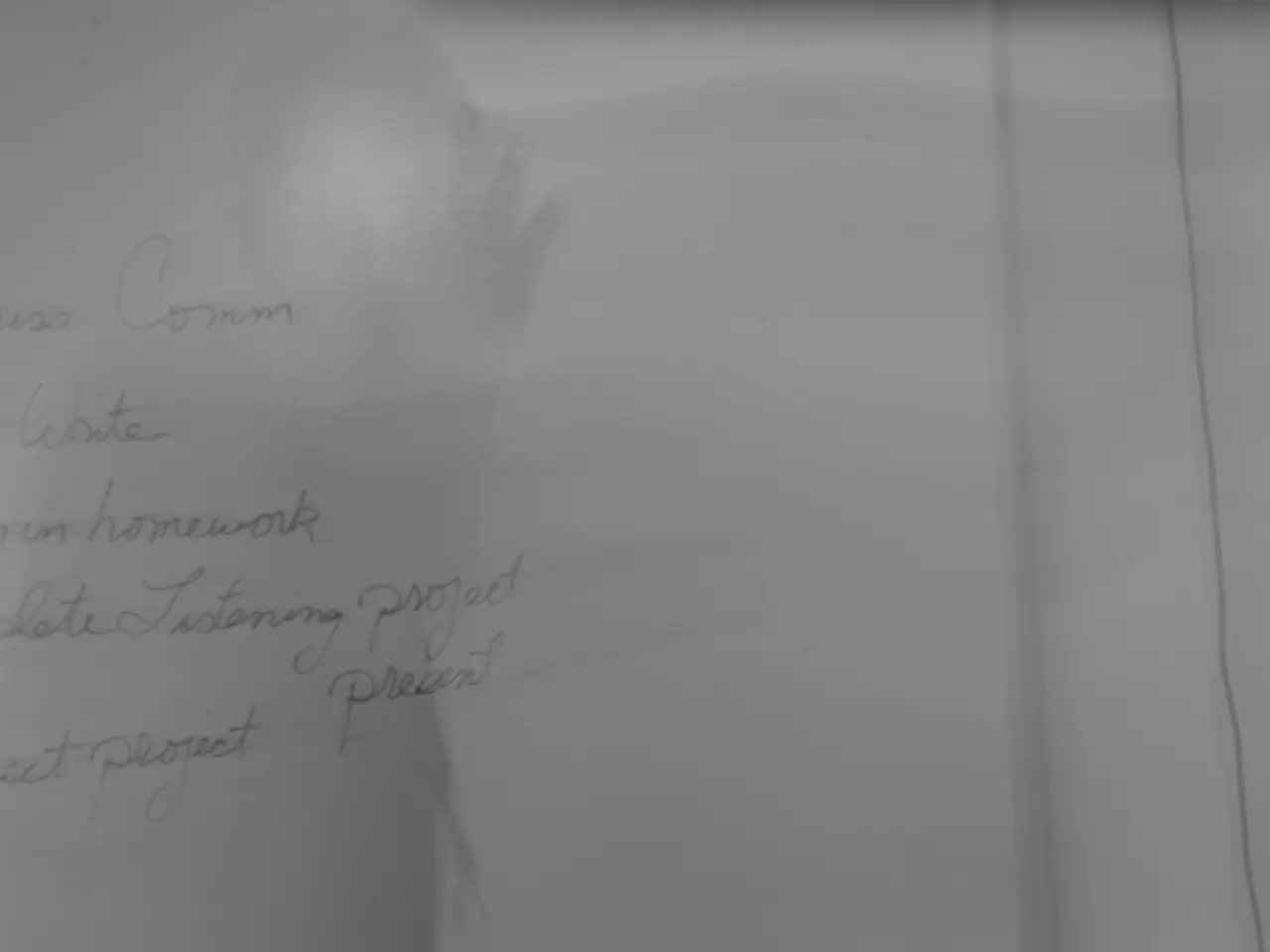Supreme Court's Decision in VP Impeachment Case Upheld by IBP
The Supreme Court of the Philippines has made a landmark decision that halts any impeachment trial or case against Vice President Sara Duterte until February 6, 2026. The ruling, made on July 25, 2025, declared the impeachment complaint against the Vice President unconstitutional and barred the Senate from acquiring jurisdiction to try the case [1].
The decision, made with a unanimous vote of 13-0, with two justices abstaining, effectively puts a halt to the impeachment process. However, it's important to note that the Court did not absolve Vice President Duterte from the charges on their merits. Instead, the ruling focused on procedural grounds such as the "one-year bar rule" and constitutional violations in how the complaint was filed and handled [1][2].
Following the ruling, the Senate voted to archive the impeachment complaints, formally ending the trial unless the Supreme Court revisits or reverses its decision [2][3][4].
The Integrated Bar of the Philippines (IBP), the country's national organisation of lawyers, has voiced its support for the Supreme Court's authority in striking down the impeachment complaints against Vice President Sara Duterte. In a statement released on August 1, 2025, the IBP emphasised the Supreme Court's intervention as a necessary assertion of constitutional balance [5].
The IBP reaffirmed its commitment to upholding due process and the rule of law as vital pillars of national sovereignty and democratic governance. The organisation also acknowledged that public debate on the Court's decision is a sign of a healthy democracy [6].
However, some constitutional experts and members of the UP Law faculty have expressed concern that the decision could open the door to abuse. The IBP warned that treating unfavourable rulings as grounds for disobedience threatens the rule of law and the stability of democratic institutions [7]. The IBP also condemned any suggestion to reject or defy the High Court's authority [8].
The IBP clarified that the Supreme Court must interpret the Constitution, especially when legal processes are in dispute. The organisation also stressed that the political nature of impeachment does not shield it from judicial scrutiny [9]. The IBP described the Court as the final arbiter of constitutional questions and a crucial guardian of checks and balances [10].
It's worth noting that the ruling does not clear Vice President Duterte of the allegations. Instead, the ruling concludes that the complaint, as filed, was procedurally flawed and constitutionally barred [11]. Any new impeachment case against Duterte may only be filed after February 6, 2026, according to the ruling [12].
The IBP emphasised that the House of Representatives holds the exclusive power to initiate impeachment proceedings. The organisation also highlighted that the Court's decision serves as a reminder of the judiciary's role in checking excesses by other branches of government [13].
Concerns have been raised about the potential for weak or premature complaints to be filed deliberately to exploit the one-year ban and shield officials from legitimate accountability [14]. However, the IBP stressed that the political nature of impeachment does not exempt it from the need for a fair and constitutional process [15].
In conclusion, the Supreme Court's decision removes the possibility of impeachment proceedings against Sara Duterte until February 2026, citing constitutional and procedural grounds, not a determination on the substantive validity of the complaints [1][2]. The IBP's stance on this ruling supports the Court's authority and the need for a fair and constitutional process.
- The Supreme Court of the Philippines' decision to halt the impeachment trial against Vice President Sara Duterte until February 6, 2026, is a significant intervention in the realm of policy-and-legislation and politics, as it underscores the judiciary's role in upholding the rule of law and checks and balances in general-news.
- The Integrated Bar of the Philippines (IBP) has voiced support for the Supreme Court's decision, emphasizing that the Court plays a crucial role in interpreting the Constitution, especially when legal processes are in dispute, and serving as a guardian of checks and balances within the Philippines' government.
- The IBP has also stressed the importance of a fair and constitutional process in impeachment proceedings, warning against potential abuse and urging against any disregard for the judiciary's authority, as it could undermine democratic governance and the rule of law within the Philippine society.








